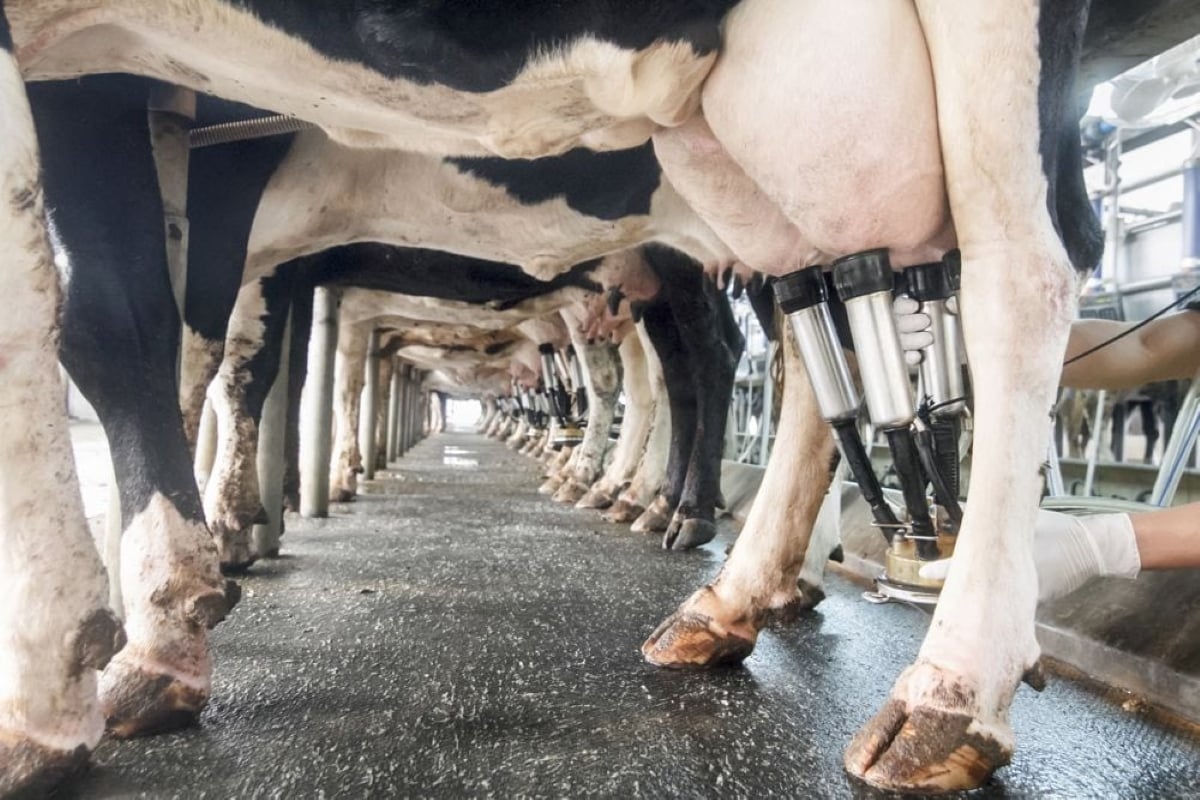ROME (Thomson Reuters Foundation) — A new picture book aims to help show the nearly 100 million children who labour on farms how best to handle the toxic pesticides many are exposed to in their work.
The book, launched on Wednesday by two UN agencies, comes in four languages. The easy-to-follow pictures are adapted for audiences in eastern Europe, the Caucasus, Asia and Latin America.
“The colourful illustrations are built on local knowledge and refer to very concrete and real situations,” Food and Agriculture Organization official Christine Fuell said in a statement.
Read Also

Farm gate milk price to rise in 2026
The Canadian Dairy Commission will raise its farm gate milk price by 2.3255 per cent in February, the Crown corporation announced on Friday.
“They also appeal to children, raising their own awareness of the risks posed by pesticides.”
The English title of the book is “Protect Children from Pesticides.”
Nearly 100 million boys and girls between the ages of five and 17 work on farms, according to the International Labour Organization.
Many are directly exposed to toxic pesticides while working; others come into contact with them when playing outside or through the food they eat, the ILO said.
The book will be distributed to rural teachers, farm workers and producer organizations to help reduce the risks and identify signs of toxic exposure when it happens.
In the book, one image marked “danger” shows a woman and child with sores on their arms and legs, pouring pesticides onto crops out of plastic bowls with no protective gear.
“Do not let children clean equipment used to apply pesticides,” one page reads in large text.
“Ensure that food grown where pesticides have been used is washed thoroughly before cooking or eating,” reads another, above a picture of a women washing vegetables in a big bowl.
Children are particularly vulnerable to pesticide exposure as their organs are less able than those of adults to detoxify the chemicals, the FAO reported.













